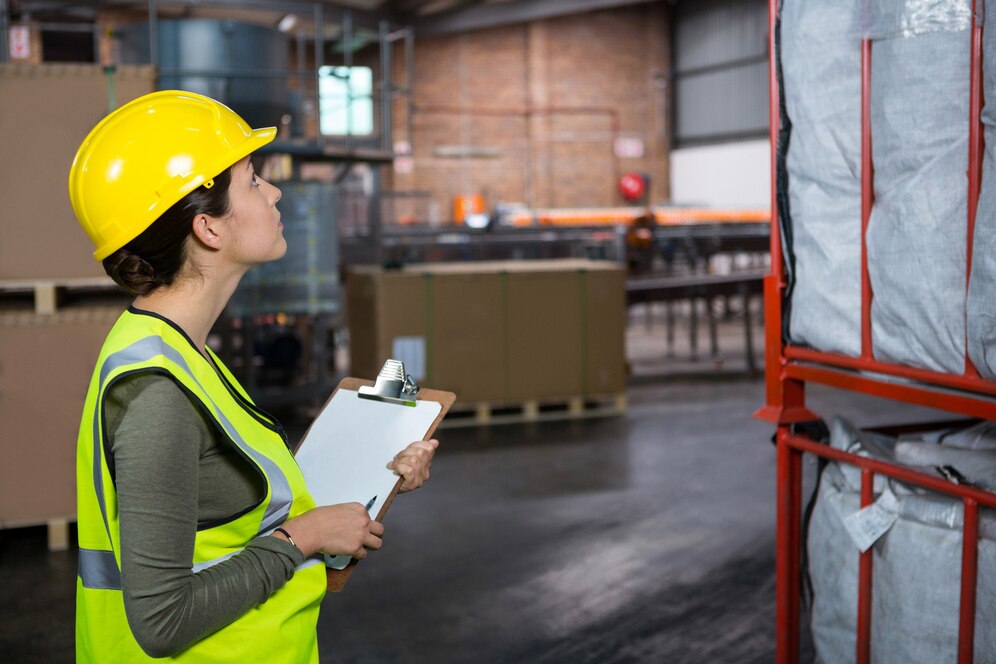Importing sugar is a complex logistics challenges that require careful navigation to ensure smooth operations and delivery. From complying with import regulations to managing transportation issues and customs clearance. Handling logistics effectively is crucial for businesses involved in sugar importation. We’ll explore some common logistics challenges in sugar import and strategies to address them. It is to ensure cost-effective solutions and seamless delivery processes.
Import Regulations
Navigating import regulations is often one of the first challenges encountered in sugar importation. Each country has its own set of regulations governing the import of agricultural commodities like sugar, including tariffs, quotas, and quality standards. It’s essential for importers to stay informed about these regulations and ensure compliance to avoid delays, fines, or rejection of shipments at customs. Working with experienced customs brokers or consultants can help navigate the complexities of import regulations and streamline the clearance process.
Transportation Issues
Transportation issues, such as container shortages, port congestion, and freight delays, can significantly impact the timely delivery of imported sugar. These issues may arise due to factors such as seasonal demand fluctuations, labor strikes, or disruptions in transportation networks. To mitigate transportation challenges, importers can work with reliable freight forwarders and shipping lines, maintain open communication with carriers, and implement contingency plans to address unforeseen disruptions. Additionally, leveraging technology for real-time tracking and monitoring of shipments can provide visibility into transportation operations and facilitate proactive decision-making.
Customs Clearance
Customs clearance is a critical stage in the import process that involves verifying documentation, paying duties and taxes, and complying with regulatory requirements. Delays or errors in customs clearance can result in costly storage fees and disruptions to supply chain operations. To expedite customs clearance, importers should ensure accurate and complete documentation, including commercial invoices, packing lists, and certificates of origin. Collaborating closely with customs brokers and utilizing electronic customs clearance systems where available can streamline the clearance process and minimize administrative burdens.
Cost-effective Solutions
Managing logistics costs is essential for maintaining profitability in sugar importation. Importers can explore various cost-effective solutions to optimize transportation routes, consolidate shipments, and negotiate favorable freight rates with carriers. Additionally, implementing supply chain efficiencies such as Just-In-Time inventory management and multi-modal transportation can help reduce warehousing and transportation costs while ensuring timely delivery. Regularly reviewing logistics processes and benchmarking performance against industry standards can identify opportunities for cost savings and process improvements.
Timely Delivery
Ensuring timely delivery of imported sugar is paramount to meet customer demand and maintain supply chain efficiency. Importers should proactively monitor shipment status, track transit times, and address any potential delays or disruptions promptly. Establishing clear communication channels with suppliers, carriers, and customs authorities can facilitate coordination and problem-solving in real-time. Moreover, developing robust contingency plans and alternative delivery routes can mitigate the impact of unforeseen events and ensure continuity of supply.
Conclusion
In conclusion, handling logistics challenges in sugar import requires careful planning, proactive management, and collaboration across the supply chain. By addressing import regulations, transportation issues, customs clearance, cost-effective solutions, and timely delivery, importers can overcome obstacles and optimize their import operations. By leveraging technology, industry expertise, and strategic partnerships, businesses can streamline logistics processes, reduce costs, and enhance overall efficiency in sugar importation. To learn more about leveraging market data for strategic sugar buying, read our blog post on leveraging market data for strategic sugar buying. Additionally, for insights into sustainability certifications in sugar sourcing, check out our blog post on sustainability certifications in sugar sourcing.

